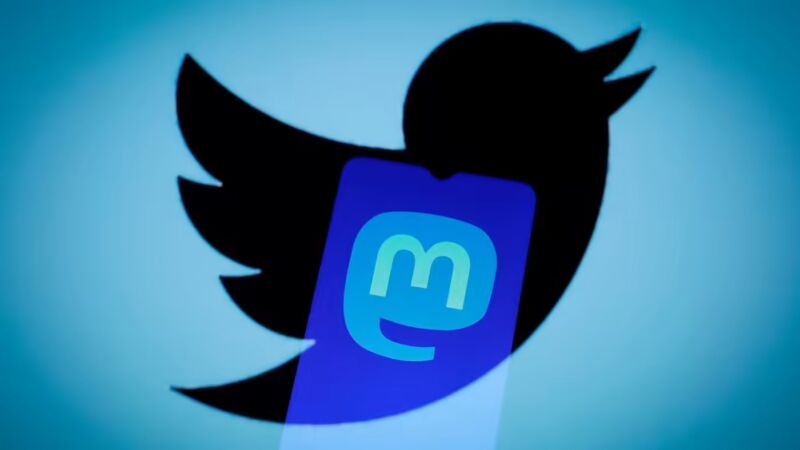Twitter rival Mastodon rejects funding to preserve nonprofit status

Twitter rival Mastodon has rejected more than five investment offers from Silicon Valley venture capital firms in recent months, as its founder pledged to protect the fast-growing social media platform’s non-profit status.
Mastodon, an open-source microblogging site founded in 2016 by German software developer Eugen Rochko, has seen a surge in users since Elon Musk bought Twitter for $44 billion in October amid concerns over the billionaire’s running of the social media platform.
Rochko told the Financial Times he had received offers from more than five US-based investors to invest “hundreds of thousands of dollars” in backing the product, following its fast growth.
But he said the platform’s non-profit status was “untouchable,” adding that Mastodon’s independence and the choice of moderation styles across its servers were part of its attraction.
“Mastodon will not turn into everything you hate about Twitter,” said Rochko. “The fact that it can be sold to a controversial billionaire, the fact that it can be shut down, go bankrupt and so on. It’s the difference in paradigms [between the platforms].”
This month, Twitter temporarily suspended the accounts of Mastodon and several journalists, after they shared content about the flight path of Musk’s private jet. Twitter also suggested it would ban links to rival social media platforms including Mastodon but later reversed course on the policy.
In a blog post in response, Rochko said this was a “stark reminder that centralized platforms can impose arbitrary and unfair limits on what you can and can’t say,” adding that monthly active users of Mastodon increased from 300,000 to 2.5 million between October and November.

Daily downloads of Mastodon rose from 6,000 on October 27, the day Musk acquired Twitter, to a peak of 243,000 on November 18, according to data from Sensor Tower. Usage of other smaller rival sites, such as Tumblr, has also rocketed.
Mastodon has similar features to Twitter but is made up of many decentralized, independently moderated servers. Users join one server but can connect with people on other servers throughout the so-called “federated” system.
Rochko is Mastodon’s sole shareholder and, according to its 2021 annual report, he paid himself €2,400 per month last year, a figure he said has since risen by €500.
Mastodon will continue to rely on donations to fund the platform. The site has more than 8,500 donors on the membership platform Patreon, through which it is raising over £25,000 a month. This compares with total earnings of just over €55,000 in the six months from June to December 2021.
According to data from Sensor Tower, the initial wave of new joiners slowed to 6,000 new daily downloads on December 9 but rebounded to 64,000 on December 18, when Musk restricted links to other social media sites on Twitter.
New users have encountered problems, with some servers struggling to cope with the increased level of activity and confusion over moderation policies on different servers.
Josh Cowls, a researcher at the Oxford Internet Institute, said Mastodon could evolve into a “satellite” platform to Twitter, “seeing greater use at times when Twitter is down, as well as in response to further Musk-related outrages.”
Rochko said his long-term ambition for Mastodon was to replace Twitter and other commercial social networks. “It’s a long road ahead but at the same time, it’s bigger than it ever has been.”
© 2022 The Financial Times Ltd. All rights reserved. Not to be redistributed, copied, or modified in any way.
https://arstechnica.com/?p=1906861